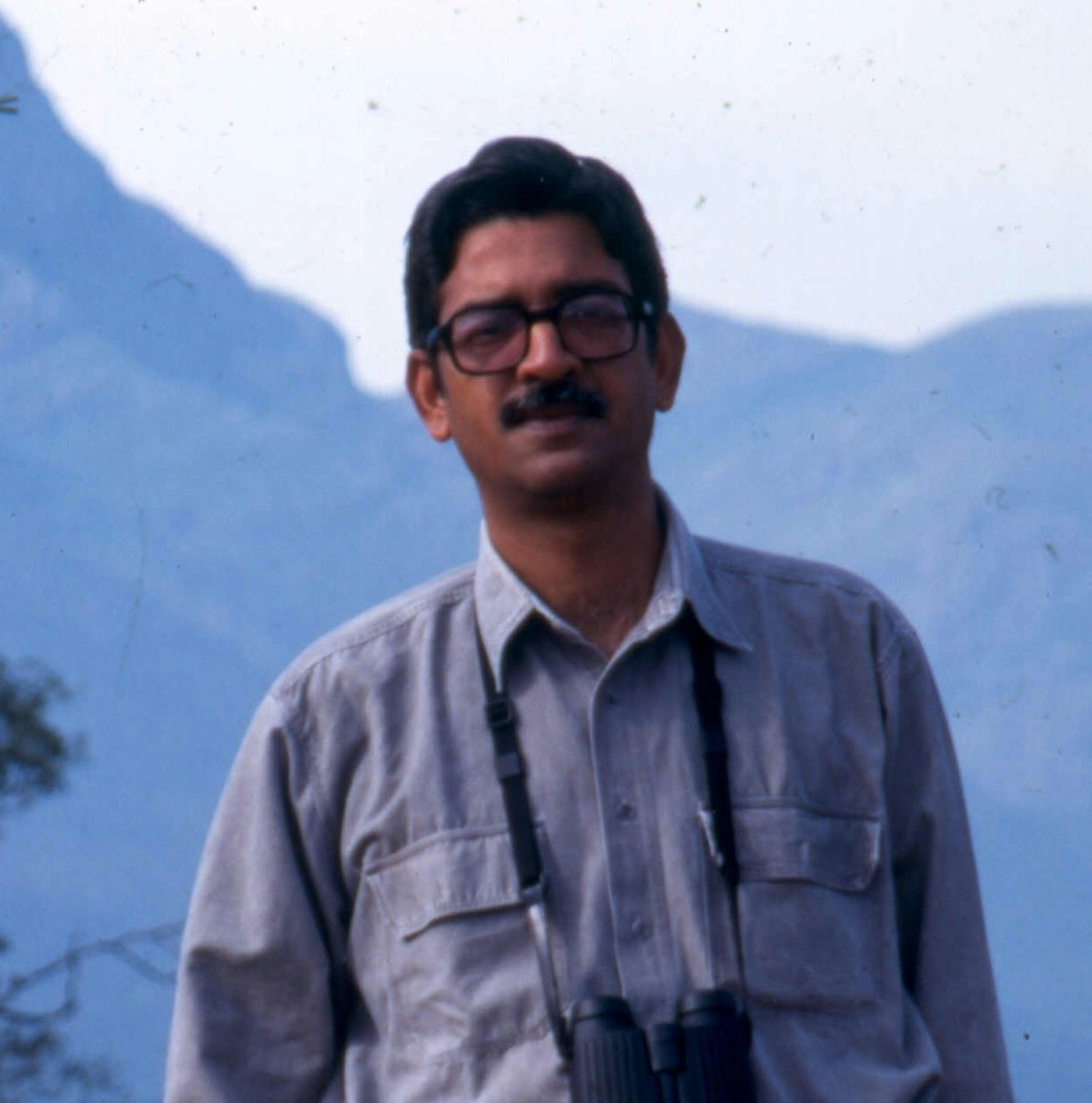Asian Elephants as a flagship for biodiversity conservation in the Nilgiri Landscape, India
The Nilgiri landscape covers some 14,000km2 in southern India. This area, varied in climate and vegetation, is rich in biodiversity and has the largest single population of the endangered Asian elephant anywhere in the world.

The Asian elephant is an integral part of the continent’s natural environment as well as the culture of her people. First tamed over 4,000 years ago, it has played a pivotal role in the political, economic, social and religious life of Asian people.
Professor Raman Sukumar is the director of the Asian Elephant Research and Conservation Centre. This independent organisation works closely with the Indian Government’s Project Elephant, providing technical support and advice to the government on elephant conservation matters.

Sukumar’s work provided the first comprehensive overview of the interaction between a large mammal and humans. He is now concentrating on the conservation of Asian elephants in the Nilgiri region, working at all levels – from complex science to trying to find simple and practical ways to ease the at times troublesome relationship between elephants and villagers.
There are currently three major threats to the integrity of the Nilgiri landscape, the elephant population and the interests of the local people. Destruction of habitat and as a result fragmentation of remaining areas is rife: development projects such as hydroelectric dams and railways projects combine with growing agricultural pressure. Conflict between elephants and humans is widespread. Elephants raid crops and have been known to kill humans in the process – and farmers reciprocate. Thirdly, widespread poaching occurs. The vast majority of male elephants in this area are tuskers and therefore valuable targets. The killing of mainly male animals is rapidly changing the sex ratio of wild herds.
![]()
Sukumar’s work seeks to save the varied habitats and wildlife of Nilgiri by using the Asian elephant as “the ultimate flagship species”. He combines scientific research firmly rooted in good theory with pragmatic conservation solutions involving local communities, and is determined to succeed. If we can protect elephants in heavily human dominated landscapes, surely humans can save smaller creatures in less crowded habitats.
Dr. Sukumar is also the Managing Trustee of the Asian Nature Conservation Foundation based in Bangalore, India.
PROJECT UPDATES
SUKUMAR WINS COSMOS PRIZE
October 1st 2006
Dr. Raman Sukumar has won the prestigious 2006 International Cosmos Prize. Sukumar, who serves as chairman of the Center for Ecological Sciences at the Indian Institute of Science in Bangalore, was chosen from more than 40 nominees in recognition for his achievements in the fields of ecology and conservation biology in the Western Ghats of southwestern India. The Cosmos Prize, presented by the Expo ’90 Commemorative Foundation, is awarded annually to honor those whose work sustains a “harmonious coexistence of nature and mankind.” The prize consists of a commendation and a monetary reward of 40 million yen – approximately £178,000 GBP.
To read more, please visit the Cosmos Prize website.



